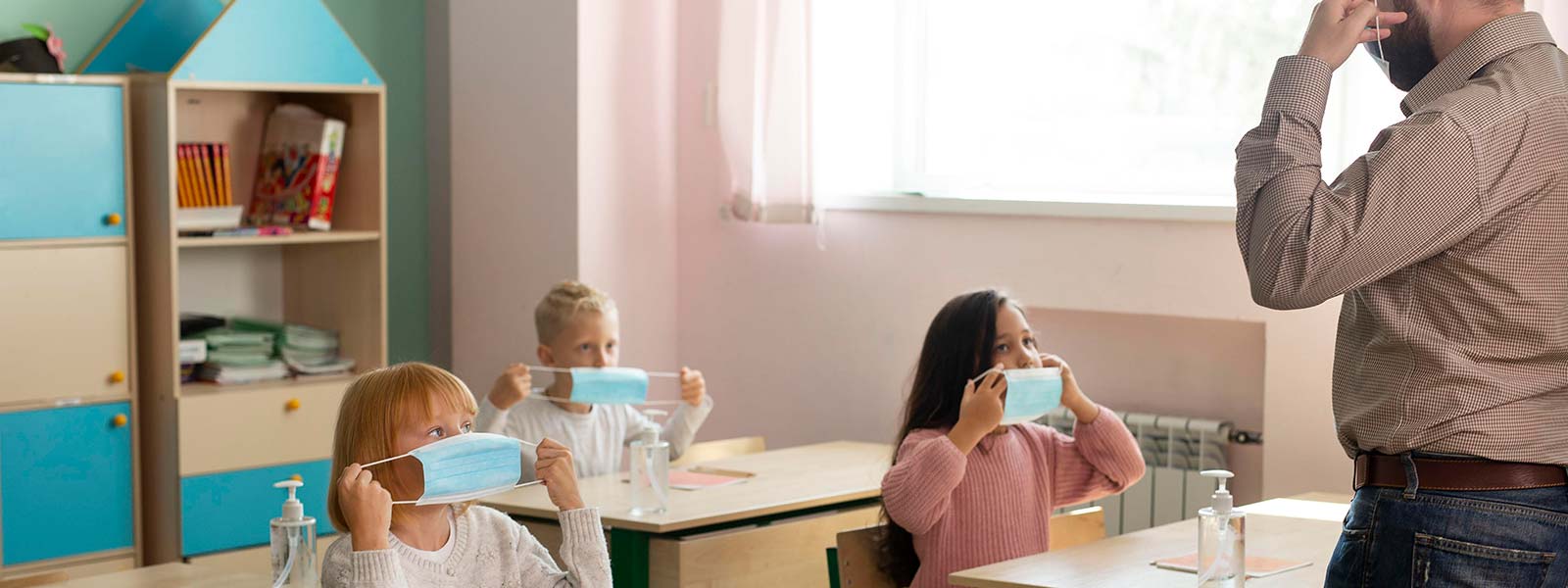SCHOOL REFUSAL
School refusal describes the disorder of a child who refuses to go to school on a regular basis or has problems staying in school. Children with school refusal may complain of physical symptoms shortly before it is time to leave for school or repeatedly ask to visit the school nurse. If the child is allowed to stay home, the symptoms quickly disappear, only to reappear the next morning. In some cases, a child may refuse to leave the house.
Common physical symptoms include:
- Headaches, stomach aches, nausea, or diarrhea
- Tantrums, inflexibility, separation Anxiety, avoidance, and defiance may show up too
Children with school-refusal behavior may have a specific issue or phobia underlying the need for them to be away from school. Some may include:
- Separation Anxiety
- Fear of being away from their parents
- An inordinate fear of being judged
- Fear of being called-on in class or being teased
- A fear of riding the bus
- A fear of walking past a dog or being out in a storm
- Depression

WHY IDCC?
As an organization which has been licensed by the New York State of Health to facilitate in school mental health programs, IDCC is well acquainted with children’s emotions and the issues they face in schools today. Using this deep understanding, clinicians speak with teachers, principals, and parents while using a wide range of therapies to help children cope with their anxieties towards going to school and eventually help them not only attend school on a regular basis but thrive there as well.
TREATMENT OPTIONS
Play therapy for younger, less verbally oriented children helps to reenact anxiety-provoking situations or trauma and master or overcome them. Interpersonally oriented individual therapy as well as group therapy can be extremely helpful for adolescents to counteract feelings of low self-esteem, isolation, and inadequacy.
Cognitive behavioral therapy, in which patients learn to change negative thoughts and behavior is the main treatment for school-refusal behavior and the anxiety disorders that often underlie it. The primary technique is exposure therapy, where kids gradually face and master their fears.